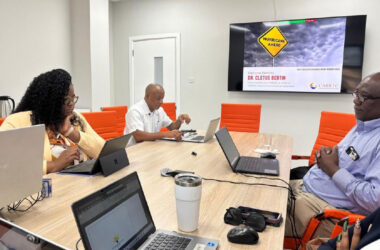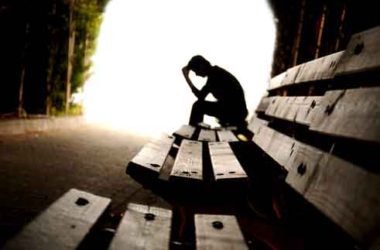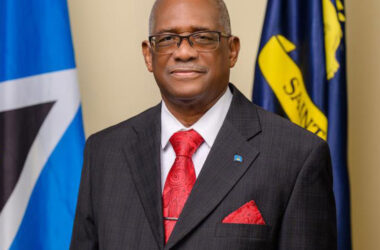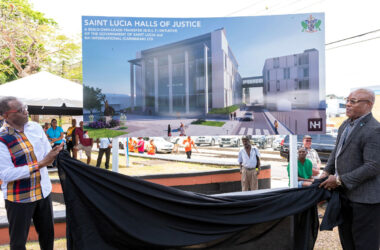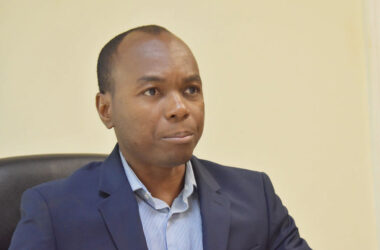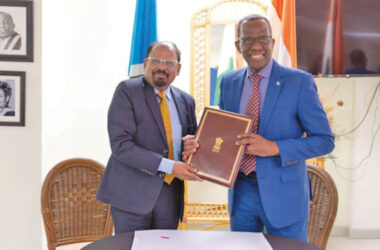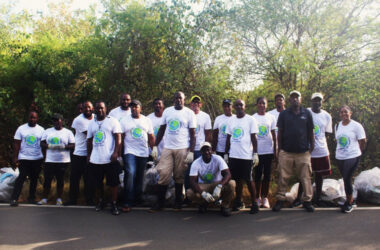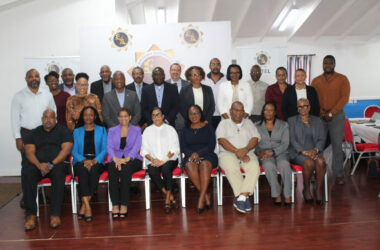A new faculty – aimed at bolstering the national and regional capacity in science, technology, engineering and mathematics (STEM) – is being developed at the University of Aruba (UA), in Oranjestad, through support from the European Union (EU), the United Nations Development Programme (UNDP) and the Catholic University of Leuven (KU Leuven), in Belgium.
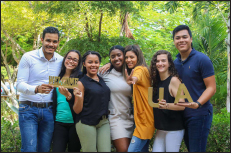
When established, the SISSTEM faculty (Sustainable Island Solutions through Science, Technology, Engineering and Mathematics) at UA will offer a Bachelor programme in STEM, a Master’s and a PhD program with a focus on sustainable development in Small Island Developing States. The faculty aims to educate a new generation of scientists and engineers to support sustainable development, diversify local economies, reduce dependence on fossil fuels, and enhance the resilience of Small Island Developing States. It will embody sustainability policies on an academic level, while also empowering a regional workforce with the skills and capacity to make these policies a reality. It is hoped that the SISSTEM faculty becomes a centre of excellence and a knowledge hub for the region and for Small Island Developing States around the world.
Funded by the European Union, the establishment of the SISSTEM faculty is being implemented by the United Nations Development programme and the University of Aruba and KU Leuven.
UNDP has a long history of working in collaboration with the Government of Aruba, as well as sector experience in STEM programs, with projects such as the Aruba Centre of Excellence – launched through a partnership arrangement with UNDP in 2015 – working to facilitate and broker knowledge exchange on sustainability practices among small islands.
“We are delighted to once again be working in collaboration with the Government in support of Aruba’s efforts to implement the UN Sustainable Development Goals (SDGs), to create opportunities for diversification of the economy, and to stimulate innovation” commented Randi Davis, UNDP’s Resident Representative for Trinidad and Tobago, Curacao, Aruba and Sint Maarten. “UNDP recognises that knowledge-sharing between and within regions is vital and will continue to work with governments in the Caribbean to boost preparedness and increase resilience – drawing on our work on the ground in 170 countries, including SIDS.”



